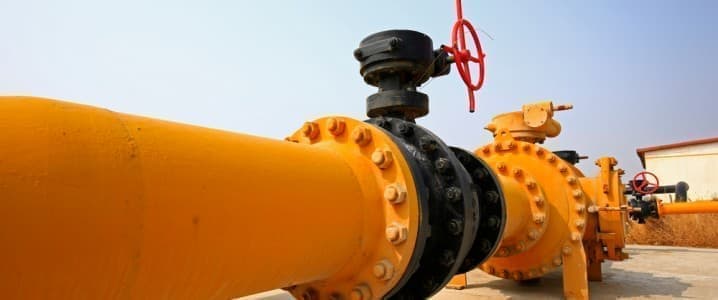Oil & Gas
NIGER AIMS TO BECOME MAJOR OIL EXPORTER.
Irene Jerry

Niger has resumed oil exports after resolving a border dispute with Benin that had halted crude shipments since June. The reopening of the Niger-Benin pipeline, operated by China National Petroleum Corp (CNPC), is crucial for Niger as it works to repay a $400 million oil-for-cash loan from China.
This development marks a shift in Niger's geopolitical dynamics, with potential consequences for its Western allies and China's investment strategy in Africa. The pipeline, which connects Niger's Agadem oil field to Benin’s Sèmè Kpodji terminal, was previously closed amid tensions, but crude loading has now recommenced, according to Benin's Energy Minister Samou Adambi and Niger's Prime Minister Ali Lamine Zeine.
The 1,950 km-long pipeline, part of CNPC’s $4.6 billion investment in Niger’s petroleum sector, is set to increase the country's crude output from 20,000 barrels per day (b/d) to 110,000 b/d. This boost will make Niger a significant oil exporter, with the increased production enabling it to meet its loan obligations. Prior to the pipeline, Niger’s crude was mostly used domestically due to limited export options.
Western company Savannah Energy Plc also has operations in Niger, planning to ramp up production from 1,500 b/d to 5,000 b/d. However, the country's political landscape shifted dramatically after the ousting of President Mohamed Bazoum by his presidential guard in 2023, which led to sanctions from ECOWAS and criticism from Western nations. The new military leader, Abdourahamane Tchiani, has since distanced Niger from the West, aligning more with Russia.
China’s involvement in Niger comes as the country moves away from its traditional "Angola model" of oil-backed loans in Africa, focusing instead on partnerships with Gulf nations and Russia, which offer more reliable production infrastructure.
